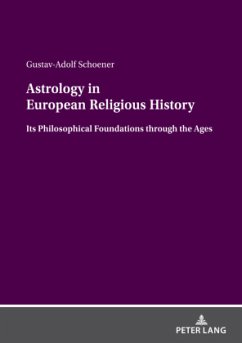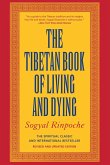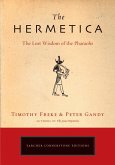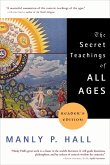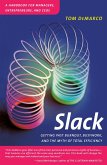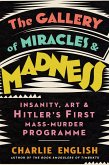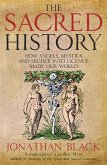This treatise on religious studies traces the European tradition of astrology from its oriental beginnings to the present day. The aim is to get a view of the different mythological, philosophical and theological ideas of the cosmos (especially with Platonic and Aristotelian borrowings), which astrology has repeatedly reformulated and carried through all epochs. However, it seems as if astrology had lost its plausibility with the overcoming of the geocentric world view by Copernicus and Kepler and could only continue to exist as an "intellectual regression" (Theodor Adorno). This view is countered by the thesis, founded here, that astrology has been able to survive the changes in world views unscathed because it designs philosophical (holistic) patterns of reasoning into the relationship between cosmos and humans, which in a Platonic sense understand the cosmos as an intelligent and vital organism.
Bitte wählen Sie Ihr Anliegen aus.
Rechnungen
Retourenschein anfordern
Bestellstatus
Storno

